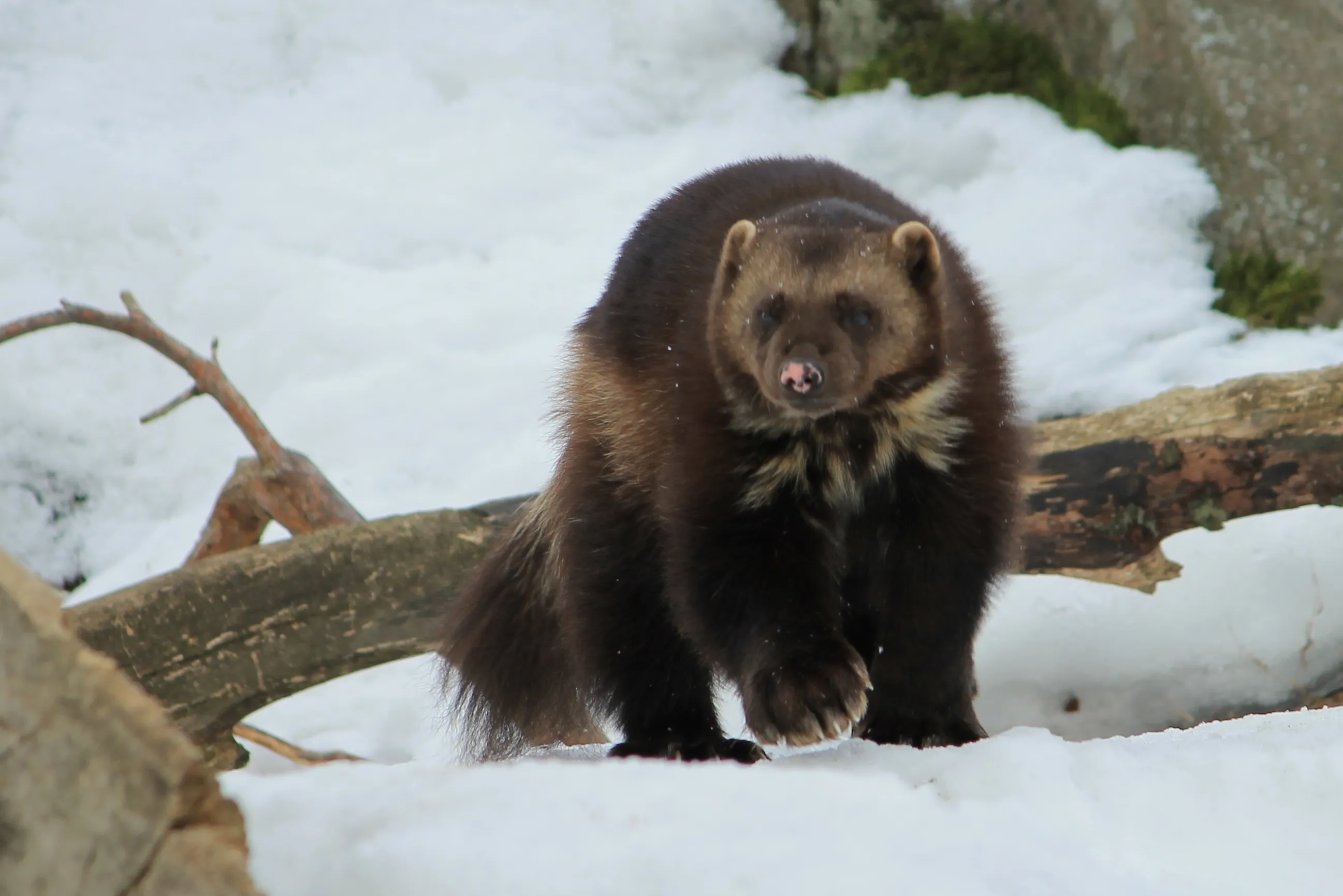
Texas virologist urges people to get new COVID vaccine
Click play to listen to this article.
(Texas News Service) The Food and Drug Administration has advised makers of the COVID-19 vaccine to formulate the next dosage to fight the JN.1 strain of the virus.
JN.1 was first discovered in the U.S. in September, and researchers said it is similar to previous strains but spreads easier and faster. According to the Centers for Disease Control and Prevention, JN.1 accounted for 3.5 percent of COVID cases in November and the number jumped to 85 percent of cases in January.

© iStock - undefined unedfined
Ben Neuman, professor of biology at Texas A&M University, said getting vaccinated is still the best way to avoid getting sick.
"It would be important, I would say, to get the updated vaccine as soon as it is available," Neuman advised. "It may not prevent infection completely, but it is, very much, the best hedge against dying of COVID."
He said, on average, about 500 people a week are still dying from the virus.
Other COVID strains, known as KP.2 and KP.3, are also circulating, part of what are called the "FLiRT" variants. The FDA considered having makers formulate the new vaccine to target KP.2 and KP.3 but chose to concentrate on JN.1 because it is spreading more quickly. Symptoms of the FLiRT mutations include fever, sore throat and a runny nose. Researchers said the strains are highly immune resistant, making breakthrough cases possible.
Neuman pointed out some doctors believe a two-dose vaccine would provide more protection for the public because COVID is constantly changing.
"We have an immune system which is learning to recognize the virus and kills off all of the viruses it can recognize," Neuman explained. "This pushes the virus to change possibly a little faster than it would otherwise, if we had no immune system. So as long as there is COVID, there will be new variants."
If you have outdated COVID tests in your medicine cabinet, Neuman added they could still be used to detect portions of the strains which have not changed over the time, but he strongly suggested using updated tests because the virus continues to mutate.
















